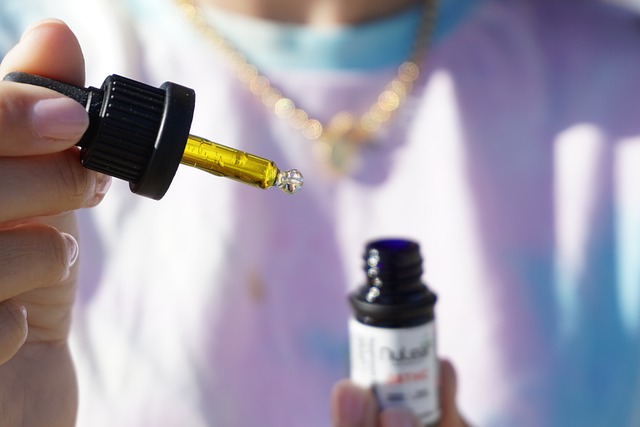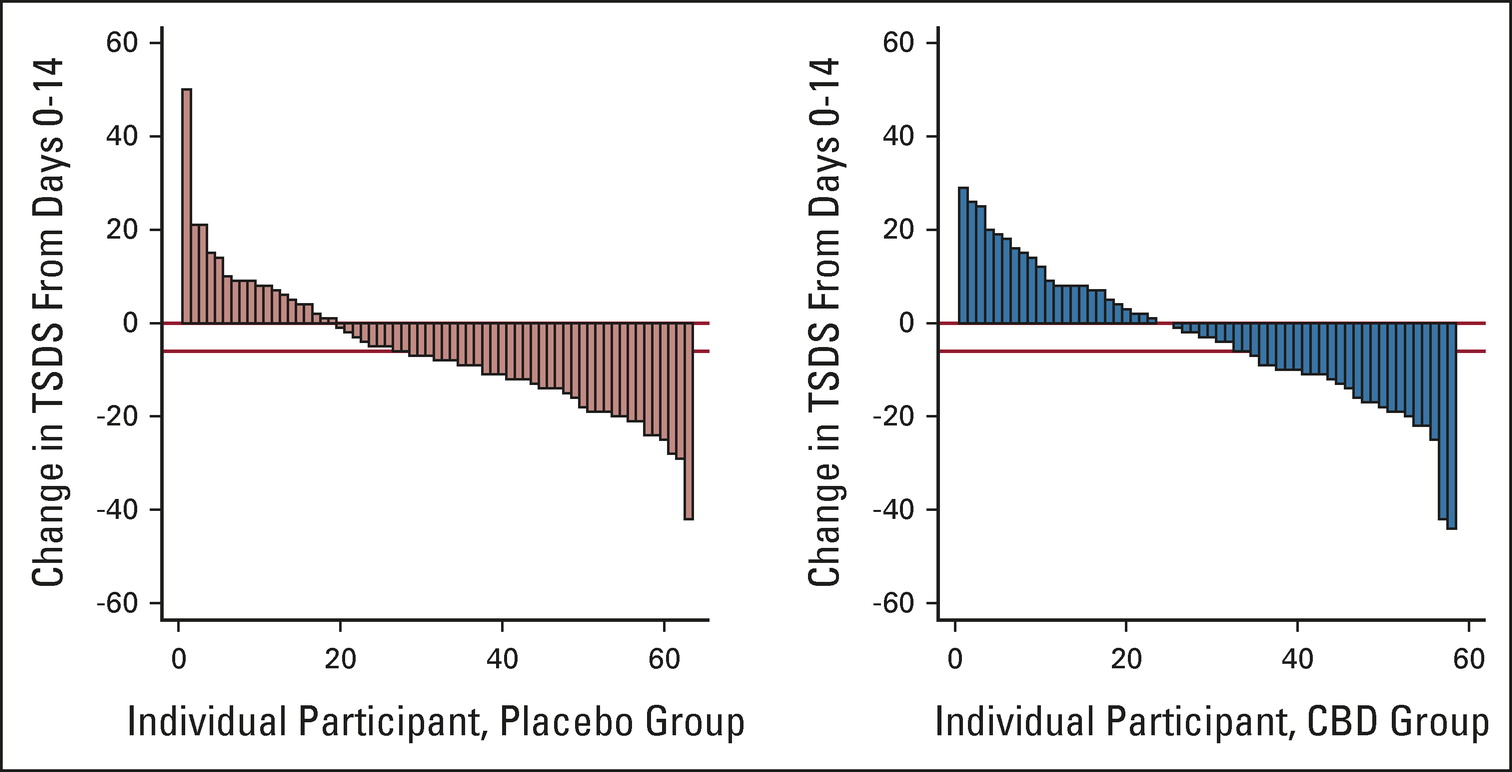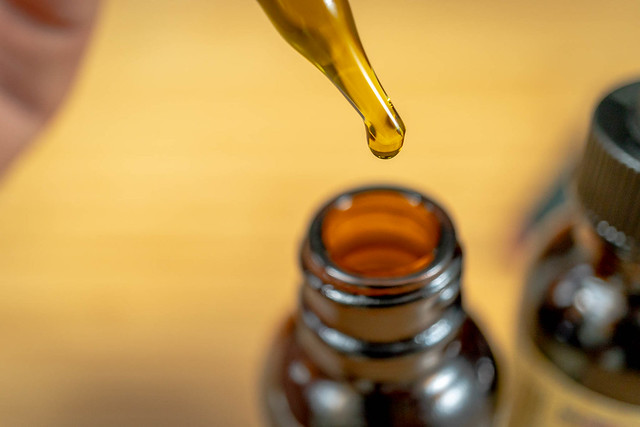
With so numerous articles in the archives and more than a ten years of crafting to refer to, it’s intriguing to seem back again at how the contributors to this site have examined rising healthcare problems. Above the same period of time of this blog’s lifetime, the availability of marijuana for health-related use has expanded drastically, paving the way for eventual legalization. Even incredibly early on, this website was careful about the buzz about its clinical opportunity. The earliest publish I can discover was from 2009, when Peter Lipson wrote about its emerging use. He mentioned:
As marijuana turns into more and more available for health care use, practitioners of science-based medication need to have to evaluate the proof for the use of this drug. In analyzing a new drug, we will have to question a range of thoughts, such as all those of security, efficacy, and probably redundancy. Statements for the efficacy of marijuana have a tendency to be hyperbolic, with no condition remaining exempt from its rewards.
In 2014, David Gorski wrote a collection of posts on medical marijuana, likening it to “the new herbalism” and noting:
It is not enough just to say hashish (or whatever cannabinoid drug or by-product you could possibly desire to use) is “efficacious” versus this disease or this condition. We have to have to know how efficacious it is in comparison to the present common of treatment.
The general public enthusiasm for the recreational and medical use of marijuana is very clear. Use has developed radically in spite of constrained proof. Now we have a research that can help to even more clarify its potential position as a drugs. In a new paper released in the Journal of Scientific Oncology, researchers researched if cannabidiol (CBD) improved symptom control in patients with highly developed cancer.
Cannabidiol (CBD) oil is a person of the quite a few chemical compounds referred to as cannabinoids that are isolated from hashish. Hashish incorporates more than 400 chemical compounds like at minimum 120 cannabinoids, which stimulate cannabinoid receptors in the physique. (Sure, we have cannabinoid receptors and we even make our have cannabinoids.) The most nicely-examined cannabinoids in the analysis setting are delta-9-tetrahydrocannabinol (THC) and CBD. CBD does not have the psychoactive profile of THC, and though it has been the resource of sizeable medical interest, its primary established part as a healthcare merchandise is for the treatment of types of childhood epilepsy.
Cannabidiol is a plausible and even promising procedure for the indications of superior cancer. Patients with innovative levels of most cancers can experience exhaustion, anorexia and other distressing indicators. Hashish has been promoted as a much more “natural” procedure alternative, so this examine was designed to assess if CBD oil, in combination with standard pallative care, minimized patient symptom load.
The trial
The analyze, titled “Phase IIb Randomized, Placebo-Controlled, Dose-Escalating, Double-Blind Review of Cannabidiol Oil for the Aid of Signs in Sophisticated Most cancers (MedCan1-CBD)”, was a randomized, placebo-managed study of CBD that took location in 5 professional medical centres in Queensland, Australia. Participants experienced advanced (palliative) cancer, and have been around the age of 18 with signs or symptoms resulting in distress (as measured by a standardized scoring software), experienced no THC in their urine, and experienced satisfactory mobility (effectiveness status) and cognitive operate.
All patients in the research were to acquire typical palliative treatment treatment. Sufferers had been randomized to acquire CBD oil (100mg/mL) or a matched placebo. Doses ended up increased gradually each individual 3rd working day, as they could tolerate, around 14 times, starting at 50mg once every day up to a most of 200mg 3 times each day. Individuals ended up presented the choice of keeping on the ideal dose for two further months.
Sufferers ended up assessed by phone employing a standardized instrument (evaluating agony, fatigue, nausea, sleepiness, shortness of breath, urge for food, anxiousness, melancholy and over-all properly-currently being) every single 3-4 times, with deal with-to-face assessments at days 14 and 28. This rating, at working day 14 compared to working day zero, was the key end result measure. Secondary actions integrated specific symptom scores, discomfort control (as calculated by oral morphine equivalents), and adverse gatherings.
Outcomes
Of 215 clients invited to participate, in the end 144 individuals have been randomly assigned in excess of a 33-month time period. Two individuals had been eventually eradicated top to 58 contributors on CBD and 63 on the equivalent placebo. The teams were comparable in phrases of how a lot of people remained in the review at working day 14 and working day 28. Affected individual properties had been equivalent with the exception of the placebo team possessing a even worse baseline symptom rating at randomization.
Overall symptom burden: Indicators enhanced in both of those groups with no important variations between the two group. (Indicators essentially improved more in the placebo team, but not drastically). Modified for the distinction in the baseline rating, there was fundamentally zero variance involving the two groups at working day 14. There was also no variance in the proportion of “responders”, outlined as a decrease in the symptom scale of 6 or much more:

Proportion of responders (tumble in Whole Symptom Distress Rating (TSDS) ≥ 6 amongst baseline and working day 14) in each individual arm (placebo: 37 of 63 [58.7{fe463f59fb70c5c01486843be1d66c13e664ed3ae921464fa884afebcc0ffe6c}] CBD: 26 of 58 [44.8{fe463f59fb70c5c01486843be1d66c13e664ed3ae921464fa884afebcc0ffe6c}], P = .13)
Transform in particular person symptoms: All steps in the symptom scale enhanced (fell) around time in both teams. There was no variance concerning teams in phrases of actual physical, emotional, or properly-getting, or in any unique element (e.g., ache, nausea, hunger):
Participant-chosen dose: The median closing dose selected by individuals was 6mL/working day in the placebo team and 4mL/day in the CBD group (equivalent to a dose of 400mg/working day).
Soreness regulate: There was no variation detected concerning arms in terms of oral morphine equivalents utilised, or the alterations in use over the duration of the examine.
Other medications: There was no correlation in between the participant-picked dose of CBD/placebo and opioid dose, or the use of prescription drugs like benziodiazepines and antipsychotics.
International impressions of transform: Most participants reported sensation far better or a great deal far better at working day 14 and 28, frequently even with no change in the symptom rating. There were being no distinctions involving the groups.
Adverse outcomes: There ended up no discrepancies in occasions of particular curiosity among the groups at days 14 and 28 in terms of adverse functions, with a nonsignificant raise in somnolence and belly agony and a trend of much more vomiting in the placebo group. In conditions of other adverse gatherings, there was a significant raise in shortness of breath reported in the CBD team. There ended up no dissimilarities in hospitalizations (none connected to the research drug) or in in general survival.
Conclusion
When there has been major enthusiasm in the use of cannabis as a health care treatment method, this randomized controlled trial of CBD oil in individuals located no benefit about conventional care. Inspite of a plausible mechanism of motion, CBD did not increase stress and anxiety, melancholy, or any person symptom substantially. CBD oil was perfectly tolerated and there were being several aspect results with the probable larger price of somnolence similar to CBD use.
This trial differs from other analysis in that it was very well-built to reduce bias, used a standardized, verified CBD products, and was powered to detect if CBD available any meaningful rewards. It calculated effects using a validated scale that captures significant affected individual signs. The authors conclude:
This research has substantial implications for policymakers concerning the two authorised indications for MC and its harmless use. Professional medical cannabis has been authorised in many nations for palliative care in the perception that it may possibly improve the [quality of life] of people with superior disease. CBD is a common hashish products in the neighborhood as it has no psychoactive outcomes and does not impair driving ability. With recent proof, it is tricky to justify governing administration subsidization of the price tag of CBD nor suggest that sufferers pay out for CBD products and solutions.
When no solitary study is definitive, this trial indicates that CBD, inspite of its recognition, could not give any advantage to people handling the symptoms of highly developed cancer in a palliative location.
